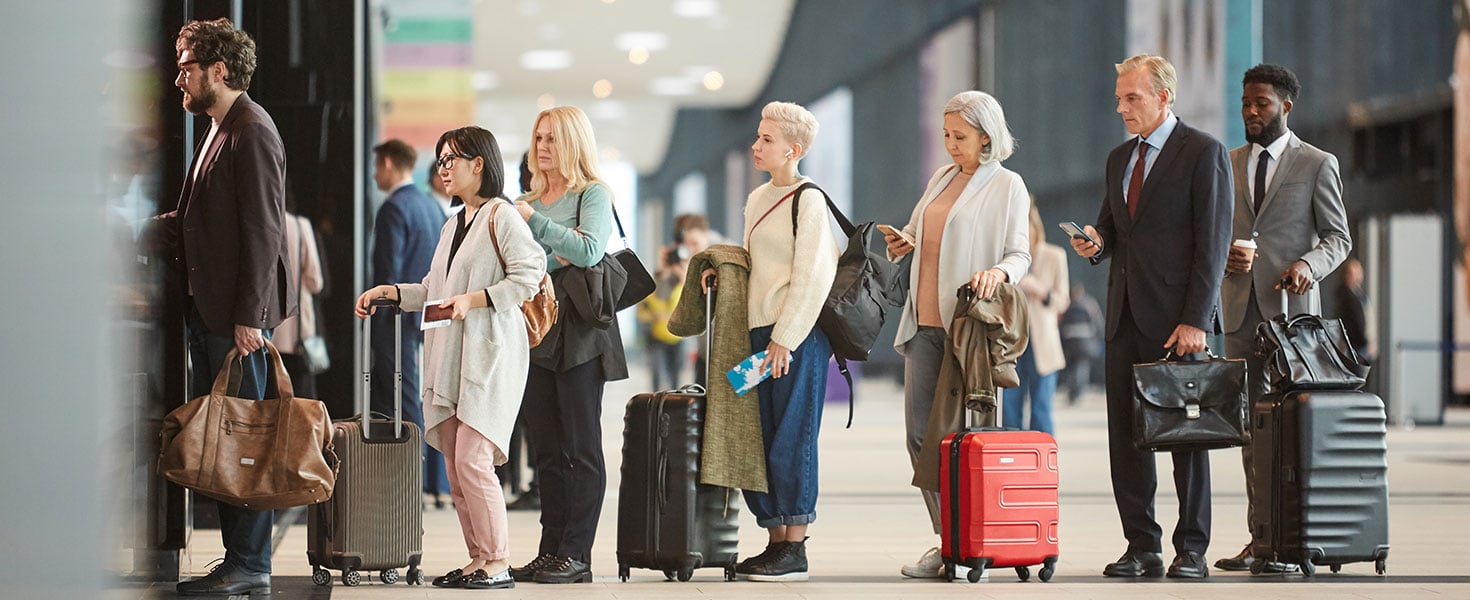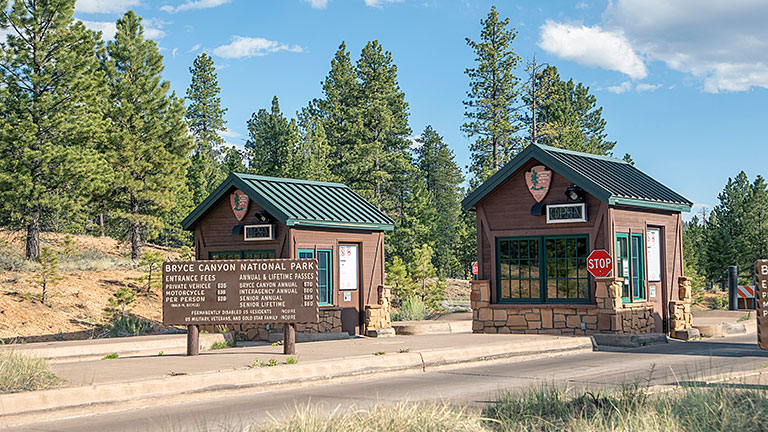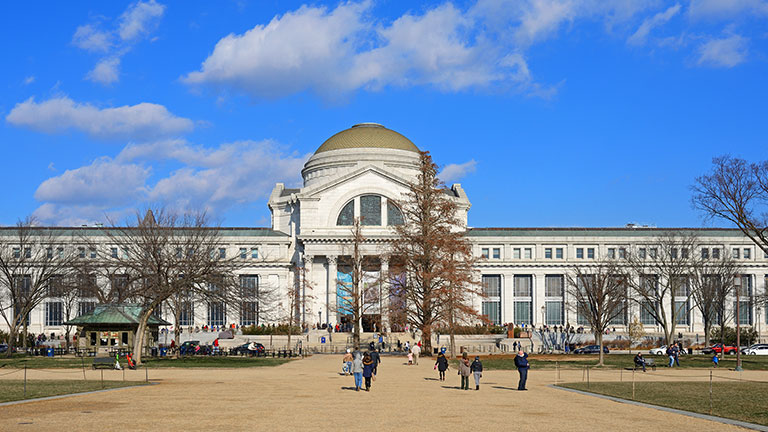Navigating Travel as the Government Reopens: Tips for a Smooth Trip
From air travel to passport processing to national park services, here's how to keep your travel plans on track


It’s finally official: The federal government has reopened, and most travel-related services are returning to normal. While it may take a little time for agencies to work through backlogs and reach full, normal operations, travel is largely back on track—and with a little planning and flexibility, you can help smooth your travels.

What the government reopening means for airports and security lines
Transportation Security Administration (TSA), Federal Aviation Administration (FAA) air traffic control, and US Customs and Border Protection (CBP) are returning to standard staffing levels, and long airport wait times are easing. To help keep things moving smoothly for your next flight:
- Arrive at the airport early—about two hours before domestic flights and about three hours before international flights.
- Check your FAA flight status before leaving home, and stay stay tuned for updates via airline apps/alerts.
- Use TSA PreCheck or CLEAR if you have either of these programs, which expedite the airport security screening process.
- Pack patience, keeping in mind that TSA officers and other airport staff are doing their best to continue safe and efficient operations.

Securing passports and visas as agencies come up to speed
Passport agencies and visa offices have resumed full operations. Staff are working diligently to clear shutdown-related application backlogs, and passport processing times are improving, with the average processing time currently around six to eight weeks.
Here’s how to help ensure your documents arrive in time for your trip:
- Request expedited processing when your travel deadlines are tight.
- Always have a backup plan for last-minute travel.
- Confirm your appointments as passport agencies may be working through backlogs.
- Check the State Department’s website for updates on processing times and agency operating hours.
- Allow extra time for mailed renewals, which can be affected by postal delays—especially around the holidays.

Exploring newly reopened national parks
Nature lovers, rejoice: All National Park Service sites are now open, and most amenities—including visitor centers, restrooms, and guided programs—are operating normally. Park rangers are on duty, and maintenance crews are restoring sites that were impacted during the shutdown.
Before you head out to your favorite national park:
- Check the park's status by visiting its website.
- Confirm the availability of ranger-led activities and programs.
- Book campsites early as pent-up traveler demand may limit availability at the most popular parks.

Federal services and attractions: Open for business
Federal museums, monuments, and cultural attractions are welcoming visitors with regular hours and programs. That includes the Smithsonian museums, the National Zoo, and other major attractions across the country.
Private businesses and state-managed attractions continue standard operations, including airlines, hotels, and tour providers. Also, state parks and museums may offer fewer crowds as travelers flock to recently reopened federal attractions.

How to make the most of your trip—post-reopening
Even with the government reopening, a little preparation goes a long way to help ensure a journey that goes off without a hitch. When planning your next trip, keep these tips in mind:
- Double-check airline, hotel, tour, and attraction bookings.
- Consult official government websites such as State.gov (for passport and consular updates) and TSA.gov (for airport security information).
- Consider travel insurance that covers delays, cancellations, or interruptions caused by circumstances outside your control in this or any travel climate.
- Stay informed through your airline or travel app for the latest flight updates.
The reopening of the federal government is great news for travelers everywhere. Continue to be prepared and stay flexible—and enjoy all the wonders that await on your next travel adventure.
